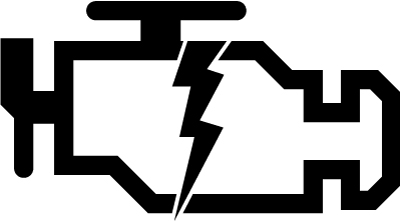
Even with the best development practices, I feel that many software projects are missing this concept of maintenance. Once a feature is completed, it won't be touched again until a) the feature breaks, or b) requirement changes affect the feature. There doesn't seem to be a holistic look at the entire app to make sure there aren't future problem spots. Going back to the car analogy, when you go for regular maintenance, the entire car is checked over to identify future problem spots so you don't have an unexpected catastrophe on the road.
So like Chuck's owner's manual, I propose the following "Software Maintenance Schedule":
Anytime code is changed, no matter how seemingly innoculous the change is, there is room for error. These tasks should be run whenever you touch the codebase.
The daily tasks are ones that are too bulky to run per file save. They're good for ensuring the consistency of the entire system.
I like to have the staging environment closely reflect the actual production environment. In fact, the ideal way is to have the staging environment be cloned nightly from production. Take care to scrub out sensitive information so you don't accidentally mass email your live production users ;)
The end of the week is a good time to step back from coding and admire your team's handiwork. Unfocus your eyes, take your hands off the keyboard and just make sure you wrote what you actually intended.
I don't think releasing into production weekly is for everyone, but I do believe that keeping your stable production codebase closely in sync with your stable development codebase is a good way to keep production bugs from queueing into a nasty long list.
Tools like Hoptoad and New Relic RPM are a great way to be notified about potential future problems.
Testing a deployment from scratch is useful in making sure that if a new developer comes on, he can bootstrap the app. I like writing new automation tasks only after I notice the tasks being repetitive. It's good not to do this all the time and cut into development time.
Do these tasks before you actually overwrite your current production codebase with new code.
It's easy to stick with a working system and keep developing off on top of an understood foundtain. However, in doing so, you might be missing out on some really useful innovations that have been released. For Coupa, we don't slot in infrastructure and tech stack projects into every release, but we do upgrade Rails and Passenger every other stable release or so. Keeping up with your programming community helps you and your project stay up to date on the latest security and performance problems.
I think all my guidelines are common sense items that good development teams already do. What worries me is that there isn't a good convention about how often these tasks are done. After all, it's much easier to check for problems when the maintenance light comes on, rather than to wait for your engine to fall out.